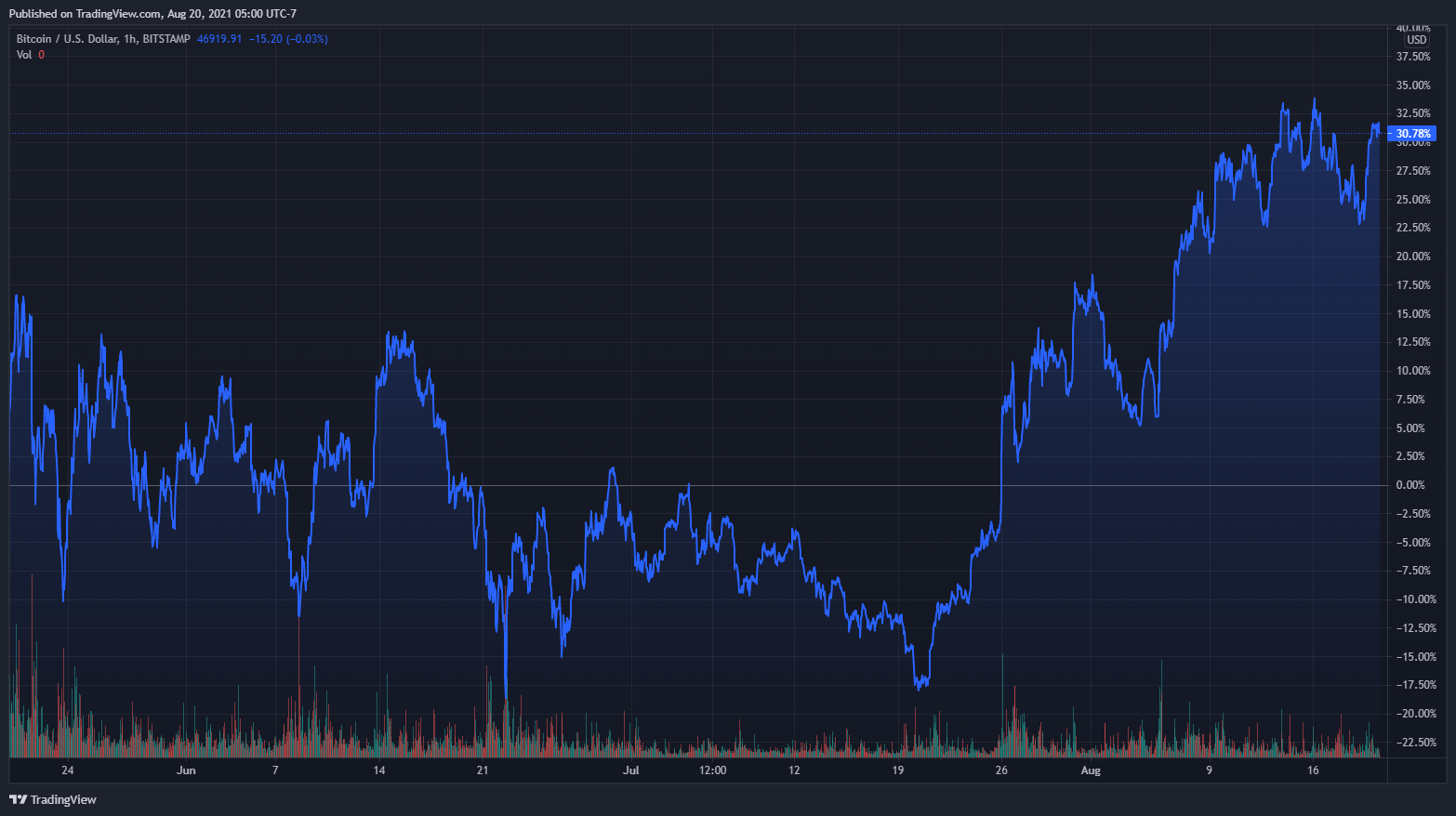- August 20, 2021
- Posted by: admin
- Category: BitCoin, Blockchain, Cryptocurrency, Investments
In light of recent regulatory crackdown and backlash, global crypto exchange Binance is beginning to crack down on its customer verification requirements across its platform. More specifically, the exchange is restricting its once lenient know-your-customer (KYC) requirements.
Effective immediately, new customers wanting to use Binance’s services are required to complete the platform’s intermediate verification processes, which includes basic information, government ID, and facial verification.
Mandatory KYC for ALL services @Binance.
Action speaks louder than words. https://t.co/EJupmQvStm
— CZ 🔶 Binance (@cz_binance) August 20, 2021
Along with access to Binance’s products and trading services, non-verified customers are now restricted from both depositing and withdrawing funds. Evidently, this is a massive change for the exchange, as up until now, Binance only required ID verification for users seeking higher trading limits.
Related Reading | Binance Announces Reduction in Withdrawal Limit for Non KYC Accounts
As for existing and returning users who have not completed the updated verification processes, Binance stated that they would be restricted to a limited number of services — including withdrawal, canceling orders, and closing positions.
So why exactly is Binance taking such drastic measures and cracking down on unverified customers? According to a 2019 report from Chainanalysis, Binance was responsible for facilitating 27.5% of transactions tied to illicit activity — which accounted for more than any other exchange.
With Recent Regulatory Woes, Binance May Be Losing Goodwill from Global Lawmakers

Money laundering has long been associated with cryptocurrencies. But with cryptos and digital assets growing more mainstream by the day, regulators have begun to seriously weigh the implications of the burgeoning industry.
U.S. Treasury Secretary Janet Yellen and S.E.C. Chair Gary Gensler have pushed for tighter regulation in the crypto industry, citing tax evasion and money laundering loopholes. Earlier in May, Binance was under investigation by the U.S. Internal Revenue Service and Department of Justice over similar concerns.
Related Reading | Crypto Exchange Binance Under Investigation by IRS and DOJ
Moreover, the Dutch Central Bank accused Binance of failing to meet compliance with the country’s anti-money laundering laws (AML) earlier this Monday. It remains to be seen whether Binance’s efforts will be enough to satisfy financial watchdogs around the world.
Featured image from UnSplash